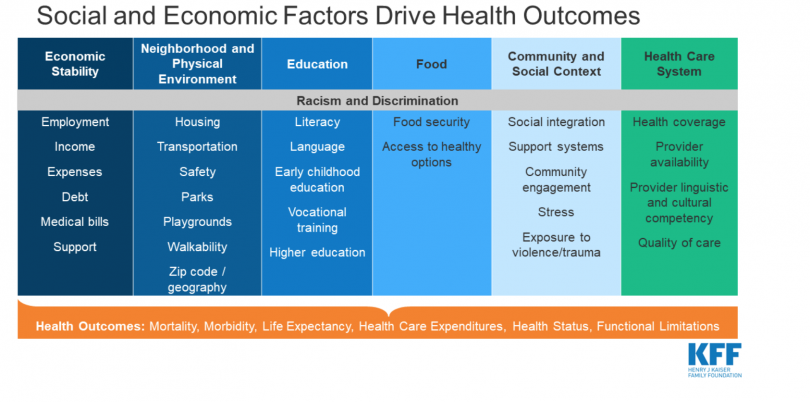Disparities in health and health care outcomes are a result of inequities in housing, education, work and our justice system as well as racial discrimination. These disparities are not new; they are continuing and in some instances worsening, according to a report by the Kaiser Family Foundation.
Black Americans, Hispanic Americans and American Indians or Alaska Native (AIAN) individuals experience poorer physical and mental health than White Americans. Their health outcomes have been disproportionately worse during this pandemic than health outcomes for White Americans.
And, the pandemic has also disproportionately harmed their financial wellbeing. People of color have been more likely to lose their jobs than White Americans. Nearly half of Black and Latinx Americans have struggled to afford food, housing, utilities and health care expenses.
Access to good affordable health care is absolutely critical to the health and wellbeing of everyone. When Medicare was enacted in 1965, it reduced health disparities for people of color over 65. But, racial disparities in access to care remain, in part because Medicare has such high out-of-pocket costs and gaps in coverage, such as not offering vision, dental or hearing benefits.
Improving Medicare so that it has more benefits and few out-of-pocket costs and expanding it to everyone would help address racial disparities in health and health care. It would be a first step and, perhaps, the first step that could quickly help all people of color.
But, access to good affordable care is not sufficient to combat racial disparities in health and health care. Housing, education, air and water quality, better food quality, and other social determinants of health also need addressing.
Here’s more from Just Care:










